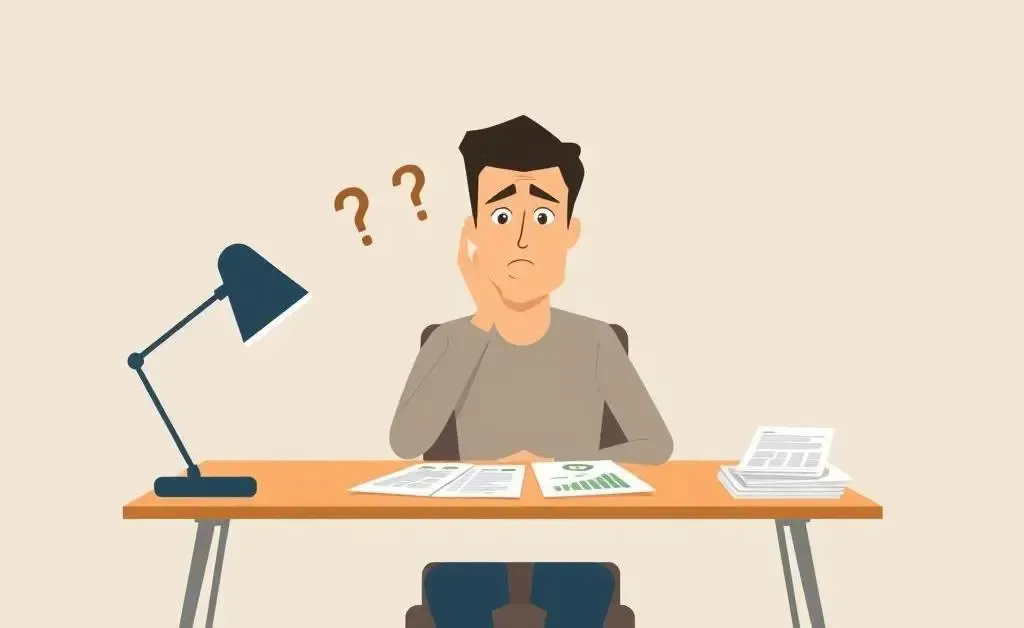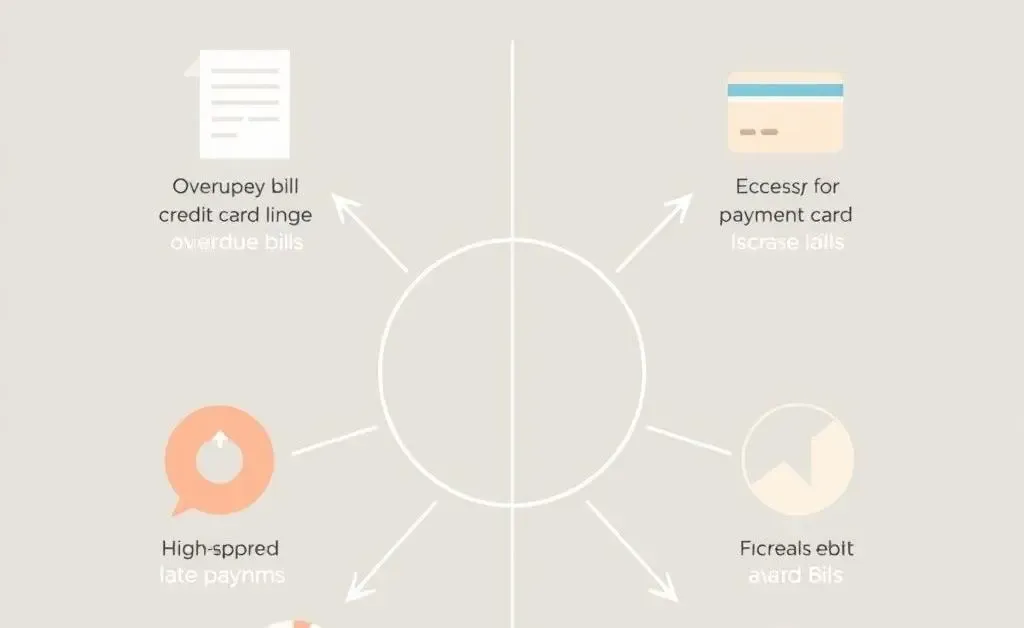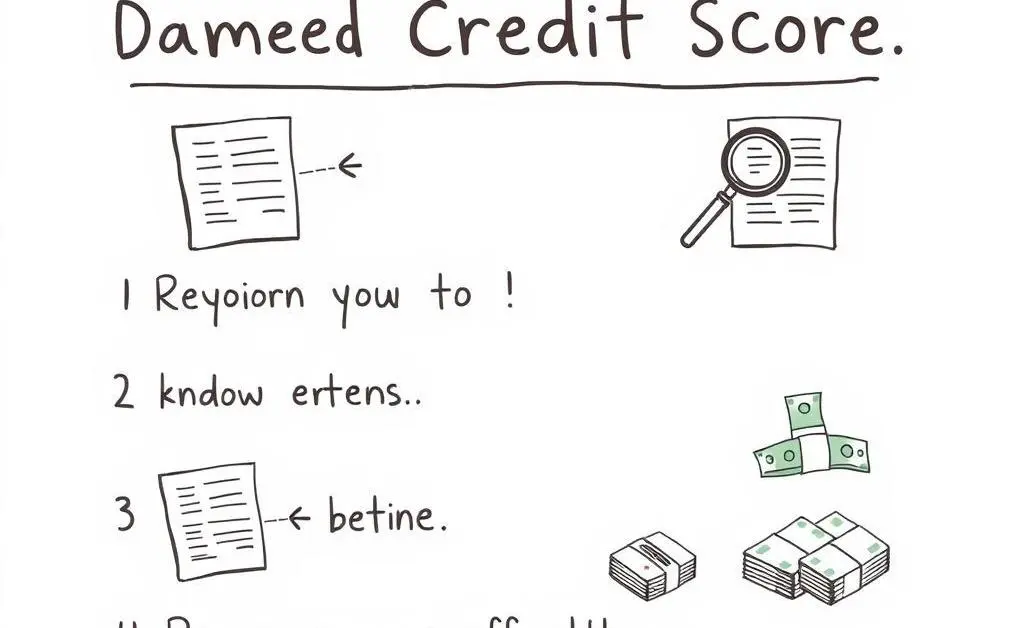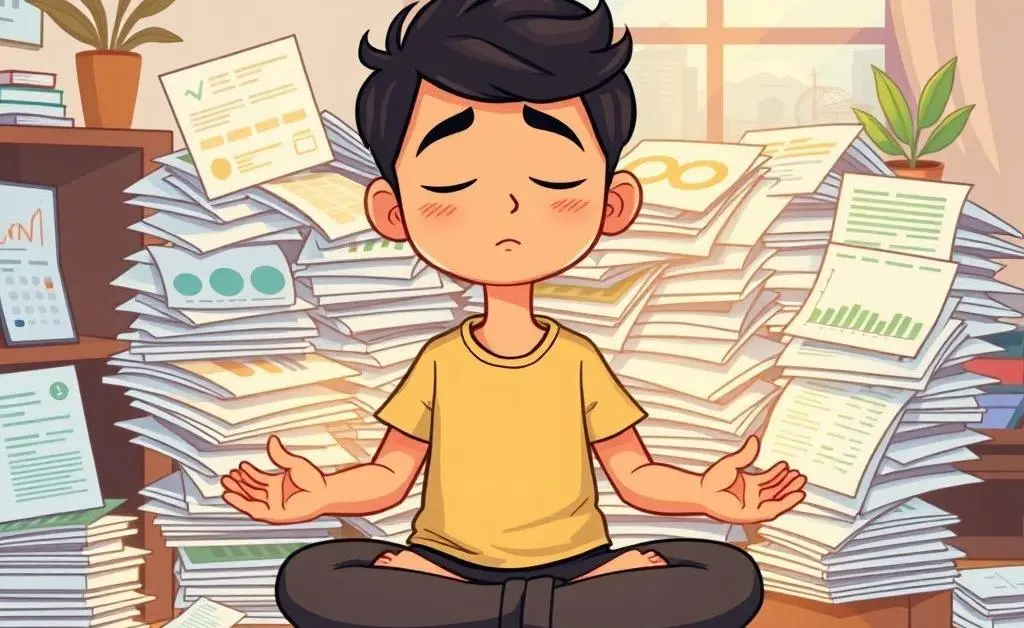Understanding Credit Score Fluctuations: What to Do When Your Score Drops
Discover why credit scores drop and actionable steps to recover quickly and efficiently.

Have you ever checked your credit score and felt a wave of panic wash over you? One moment, your score is comfortable, and the next, it feels like someone pulled the rug out from under you. If you've experienced this sudden drop, you're definitely not alone. Let's dive into what could be behind this nerve-racking fluctuation and how you can gracefully navigate through it.
Why Do Credit Scores Drop Suddenly?
A sudden drop in your credit score can be bewildering and frustrating. Here are some common reasons why this might happen:
- Late Payments: Missing a payment, even by a day, can negatively impact your score.
- High Credit Utilization: Charging too much on your credit cards without paying them off can spike your utilization ratio, lowering your score.
- Errors on Your Report: Mistakes or fraudulent activities can also cause unexpected drops.
- Hard Inquiries: Opening new credit accounts leads to hard inquiries, which can temporarily affect your score.

Steps to Recover from a Credit Score Drop
While a dip in your credit score can feel like a colossal blow, there are practical steps you can take to recover your standing:
- Review Your Credit Reports: Start by pulling your credit reports from all three major bureaus. Look for discrepancies or signs of fraud.
- Dispute Any Errors: If you find inaccuracies, dispute them promptly to have them corrected.
- Manage Credit Utilization: Aim to keep your credit utilization ratio below 30%. Pay down existing balances and be mindful of future spending.
- Make Payments on Time: Set up automatic payments to ensure you never miss a due date again.

Staying Calm During Credit Challenges
Beyond practical steps, handling the emotional side of financial stress is crucial. It’s easy to feel overwhelmed, so here are a few ways to stay grounded:
- Take a Deep Breath: Remember, a credit score is just a number that reflects a moment in time. It can change.
- Seek Guidance: Don't hesitate to reach out to a financial advisor or credit counselor for support.
- Meditate or Practice Mindfulness: Calming your mind can make dealing with financial stress much more manageable.

At the end of the day, remember that your credit score is a tool to help gauge financial health—not a measure of your personal worth. With understanding, patience, and strategic action, you can regain control and ensure your credit score accurately reflects your financial responsibility.




